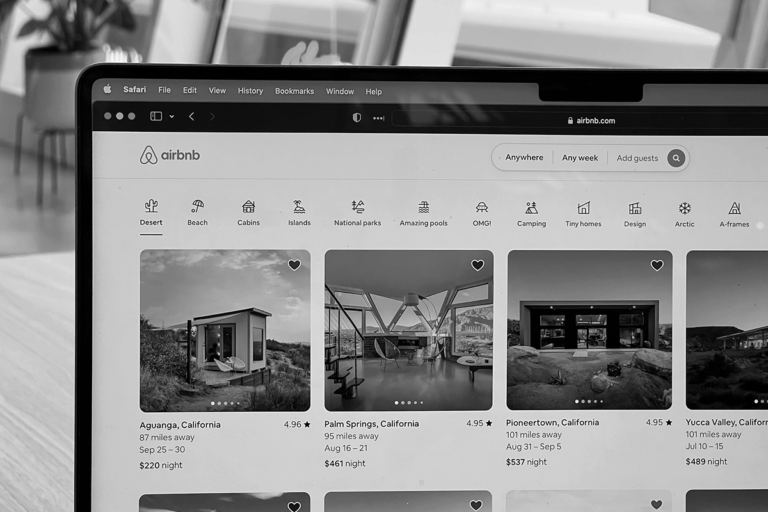
A global firm rolls out an AI scheduling system that cuts meeting times by 40%. On paper, that’s a headline win, but here’s the twist: staff stop talking to each other outside of scheduled calls. In this scenario, spreadsheets celebrate while the culture suffers.
According to Deloitte, 50% of organisations using generative AI are expected to deploy AI
agents by 2027. These agents offer speed, scalability, and efficiency, but as adoption
accelerates, we have to ask ourselves if we’re building technology that works for processes, or for people. Enterprise systems are becoming highly optimised for processes, yet when they
lack sensitivity to human nuance like emotions, interpersonal dynamics, and contextual judgment, they create costs that are less visible yet deeply consequential.
Productivity may improve on paper, but collaboration suffers. Workplaces risk becoming less
empathetic, less connected, and ultimately less effective. The real test is not whether AI makes
work faster, but whether it makes us better colleagues. And right now, too much workplace
tech still stumbles at that hurdle.
Agentic AI and the collaboration conundrum
Agentic AI, or autonomous software agents capable of completing tasks with minimal human
input, is reshaping workflows. While these tools deliver measurable productivity gains, they
don’t necessarily improve collaboration – a critical part of passing the human test.
Effective teamwork depends on trust, empathy, and shared understanding. AI agents can
schedule meetings and summarise documents, but they can’t detect interpersonal tension or
foster psychological safety. As automation expands, these subtle but vital human dynamics
risk being eroded.
In many organisations, the rise of AI has coincided with declining engagement. Nearly half (48%) of workers now worry that productivity gains will simply lead to heavier workloads and more pressure. It’s a telling sign: even as tech works harder, the human test is quietly failing.
From process-obsessed development to emotionally intelligent tech
In many organisations, developers are under pressure to optimise workflows and deliver measurable efficiency. But when operational performance is the only priority, the human
experience is sidelined.
Designing for people requires a shift in perspective, and the solution starts with
human-centred design baked in from the outset, supported by toolkits that make it easier for developers to embed human insights and self-awareness into workflows. Modern API
frameworks can integrate behavioural insights and inclusive communication into products, making emotional intelligence part of the design, not an afterthought.
The future of work is about more than automation. AI can boost productivity, but it can also make people more self-aware, empathetic, and connected - if we design it to do so.
Imagine a workplace where technology doesn’t just manage tasks, but understands human
behaviour. Suddenly, you’re improving team dynamics, prompting inclusive communication, and tailoring manager feedback to personality traits. This level of personalisation can actually
boost productivity further, strengthen cohesion, and keep people engaged. When tech gains emotional intelligence, it stops being purely transactional and becomes a real asset.
The cost of impersonal tech for the new generation of workers
The disconnect between workplace tech and human needs is widening. According to Deloitte, many younger employees are leaving their roles within the first year often citing frustration with impersonal, one-size-fits-all tools as a key factor. With younger employees projected to make up roughly two-thirds of the labour force within the next few years, this failure to adapt has long-term implications for retention, engagement, and workplace culture.
This generation values purpose and personalisation. Tech that feels generic signals a lack of empathy and cultural fit. APIs that allow tailoring of workflows, communications, and user experiences at scale could change that, turning the workplace into somewhere they want to stay.
If we ignore this, we’re not just losing young talent – we’re failing the human test with the very people who will define the future of work.
Rehumanising the digital workplace
The future of work is about more than automation. AI can boost productivity, but it can also make people more self-aware, empathetic, and connected – if we design it to do so.
As AI agents roll out, we need to ask ourselves a simple question: are we designing technology to serve people, or just to make systems run smoother? We can achieve both. The organisations that seize that opportunity will pass the human test, and discover that when people thrive, productivity follows.

Martin Jackson
Martin Jackson is Principal Innovation Manager at Insights. A product innovation specialist with a strategy background, Martin is guided by Agile principles, the ideals of stewardship, and the value of quantitative and qualitative research.


